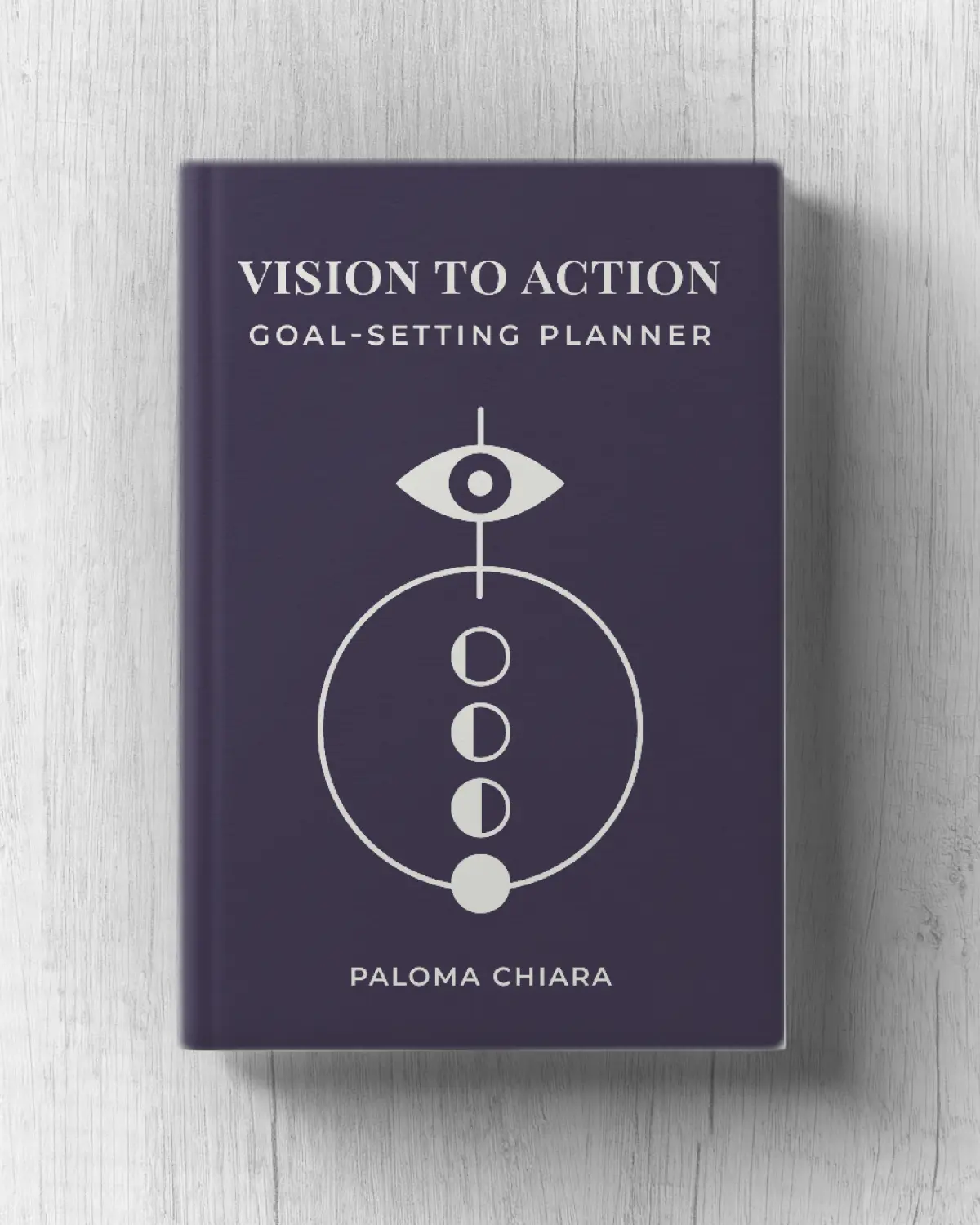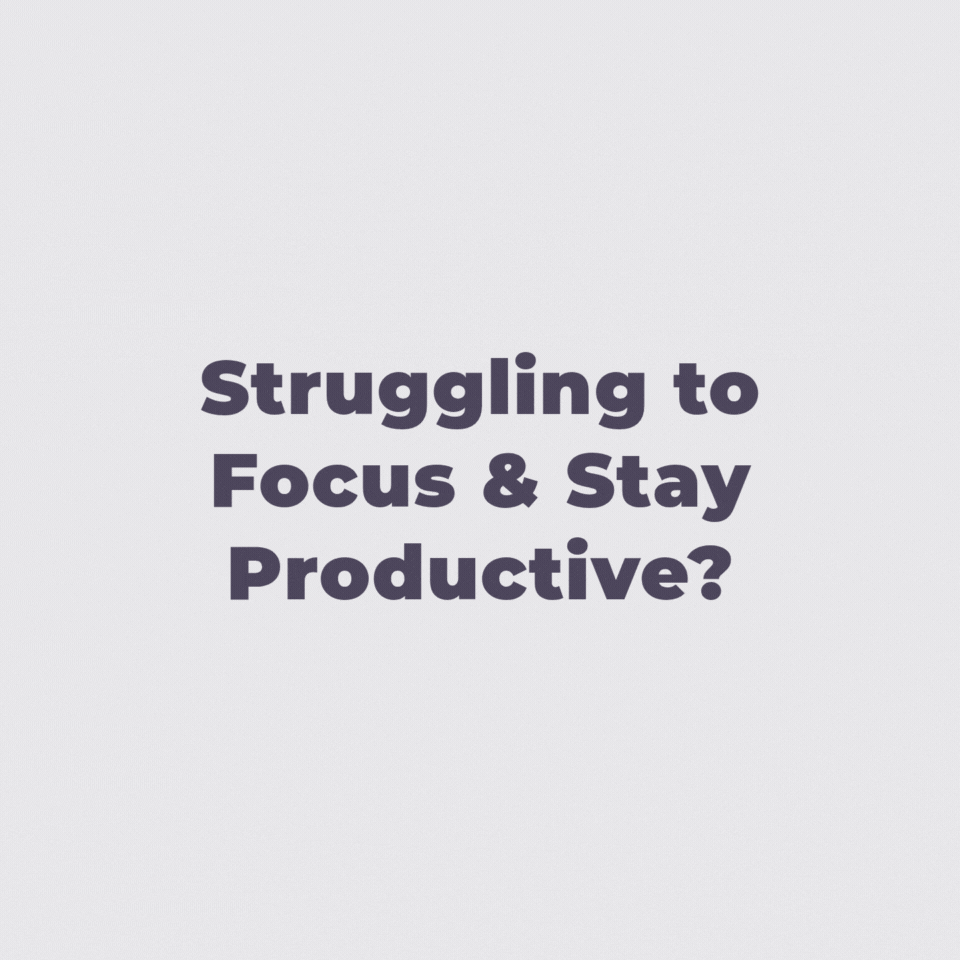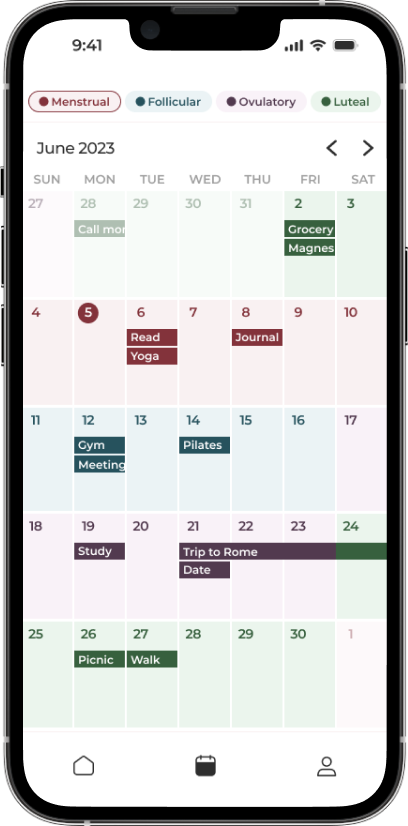Life Coaching for Work-Life Balance

Work-life balance is a delicate equilibrium many strive to achieve in today’s fast-paced world. The demands of a career, personal life, and self-care can often feel like a juggling act, leaving many individuals feeling overwhelmed, stressed, and mentally drained. This is where life coaching for work-life balance can play a crucial role. In this article, we’ll explore why work-life balance matters for your mental health, delve into the steps a life coach would take with you to achieve it, and address common pain points and solutions with real-life examples.
Why Work-Life Balance Matters for Your Mental Health
Work-life balance has been shown to be an important factor in employee well-being and job satisfaction. A study published in the European Journal of Public Health found that work-life balance was positively associated with work engagement across the European workforce. The study found that work-life balance was shaped by the wider economic, cultural, and political context, and that different welfare regimes approached work-life balance-related policies in distinct ways.
Another study by Aviva found that since the pandemic, people have become more focused on work-life balance than salary. The study suggests that businesses that gain a reputation for encouraging work-life balance have become very attractive to employees, as it can lead to increased productivity, fewer mistakes, and higher employee engagement.
Research has also shown that overwork can be harmful to both employees and employers, yet many professionals still struggle to overcome their assumptions and habits around work hours. To achieve lasting change, it is essential to view the process of achieving work-life balance as a cycle and to make a conscious effort to reprioritize and implement changes in both public and private life.
1. Reduces Stress and Burnout
When you’re constantly on the go, your stress levels can skyrocket. Over time, this chronic stress can lead to burnout, a state of emotional, physical, and mental exhaustion. A balanced life helps mitigate these risks, allowing you to better manage stress and prevent burnout.
2. Enhances Overall Happiness
A well-balanced life allows you to pursue your passions, hobbies, and spend quality time with loved ones. These experiences contribute to a greater sense of fulfillment and happiness.
3. Boosts Productivity and Creativity
Taking breaks and disconnecting from work can actually enhance your productivity and creativity. When you’re well-rested and mentally refreshed, you’re more likely to perform better at work and be more innovative.

Check out the Vision to Action Planner for only 6$
More info4. Improves Physical Health
Work-life balance isn’t just about your mental health; it also impacts your physical well-being. Prioritizing time for exercise, sleep, and healthy eating can significantly improve your overall health.
Quiz: What Is Blocking Your Success?
This quick quiz will help you figure out which mental or behavioral pattern might be holding you back from achieving your full potential. Identifying your specific success blocker is the first step toward breaking through to new levels of achievement and fulfillment.
Read each question and choose the answer that feels most true to your situation.
No email or payment is required to complete the quiz and receive your personalized insights.
Once you have your primary success blocker, you have clarity about what’s been holding you back. This awareness is powerful—many people spend years struggling without understanding the specific pattern that’s limiting their progress.
Remember, these patterns aren’t permanent character traits but rather habitual ways of thinking and behaving that can be changed with the right guidance and practice.
If you’re ready to break through your specific blocker and achieve the success you know you’re capable of, send me an email to try out a coaching session. Your breakthrough awaits!
Steps a Life Coach Would Take with You to Achieve Work-Life Balance
Life coaches are trained to guide individuals towards achieving work-life balance. Here are the steps they typically take:
1. Assessment
The first step involves assessing your current situation. A life coach will help you identify your priorities, values, and what areas of your life are causing imbalance.
2. Goal Setting
Once your current state is clear, the next step is setting realistic and achievable goals. These goals should align with your values and promote a balanced life.
3. Time Management
A life coach will work with you to develop effective time management skills. This includes creating schedules, setting boundaries, and learning to say no when necessary.
4. Stress Management
Managing stress is a critical component of work-life balance. Coaches teach stress reduction techniques such as mindfulness, meditation, and deep breathing exercises.
5. Self-Care
A life coach will emphasize the importance of self-care. This includes making time for hobbies, relaxation, and activities that recharge your mental and emotional batteries.
6. Accountability
Life coaches provide accountability and support to help you stay on track. Regular check-ins and feedback sessions ensure you’re making progress toward your goals.
Common Pain Points and Solutions
Pain Point 1: Overworking
Solution: Establish Boundaries
Example: Sarah, a marketing manager, was constantly working late and checking her emails during family dinners. Her life coach helped her set clear boundaries, designating specific work hours and creating a “no work during family time” rule.
Pain Point 2: Feeling Guilty About Personal Time
Solution: Reevaluate Priorities
Example: Mark felt guilty every time he took time off work to pursue his passion for painting. His life coach helped him recognize that personal fulfillment was just as important as his career, leading to a more balanced and guilt-free life.
Pain Point 3: Lack of Time for Exercise
Solution: Schedule Self-Care
Example: Emma, a busy executive, complained about not having time to exercise. Her life coach helped her schedule workouts as non-negotiable appointments, just like work meetings.
Pain Point 4: Difficulty Disconnecting from Technology
Solution: Digital Detox
Example: David was addicted to his smartphone and often worked late due to constant notifications. His life coach introduced a digital detox plan, encouraging him to disconnect during evenings and weekends, leading to reduced stress and better work-life balance.
In conclusion, work-life balance is essential for mental well-being and overall happiness. Life coaching can be a valuable tool in achieving this balance by providing guidance, support, and actionable steps. By addressing common pain points and implementing effective solutions, individuals can lead more fulfilling, less stressful lives, where personal and professional pursuits coexist harmoniously. Remember, it’s not about perfection but about progress towards a healthier, happier you.
Still waiting for the 'perfect time'?
Email me what you'd do if you stopped making excuses. We'll work backwards from there.
Let's startRecent posts
-
The Complete Guide to Becoming a High Achiever
Read blog -
How To Make a Positive Impact in Your Community
Read blog -
What Is the “Winter Arc” Challenge?
Read blog -
What Is "the Great Lock-In" and Should You Try It?
Read blog -
What Are the 75 Hard and Soft Challenges?
Read blog -
How to Validate Yourself
Read blog

The App Made To Sync Your Lifestyle to Your Menstrual Cycle.
A solution for women who are looking to keep track of what they sync to their cycles, such as fitness, diet, etc. by adding it to a calendar that also predict their phases.
Learn more





Comment